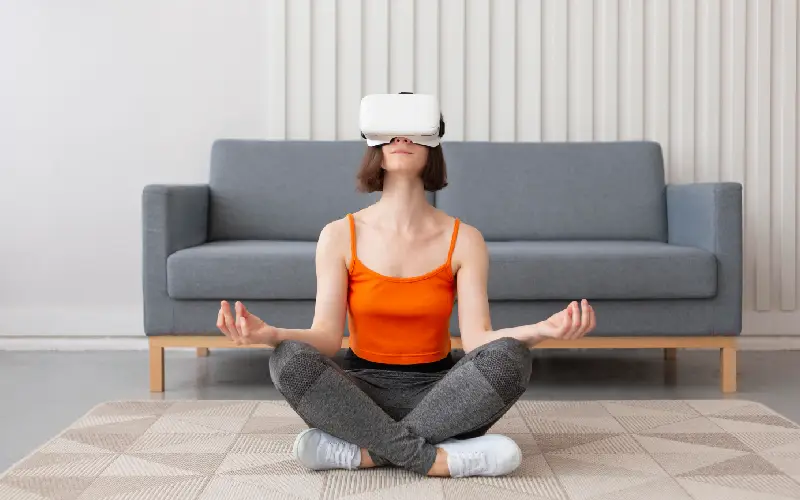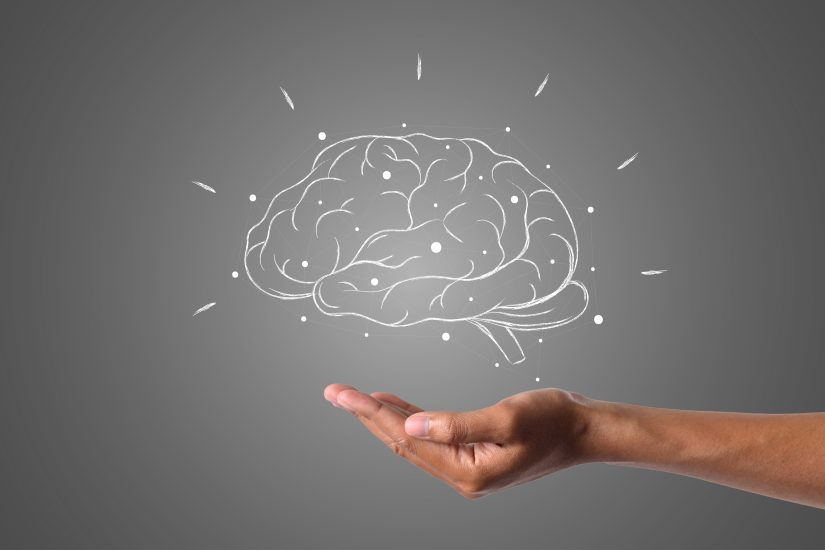- August 13, 2025
- by Harshita Bajaj
- Mental Health
Artificial Intelligence (AI) is taking the world by storm, changing the face of most fields and mental health as well. AI therapists were referred to as science fiction earlier, but now they have become common, accessible and convenient.
Artificial Intelligence in Therapy
There are many existing barriers in mental health services and AI bridges the gap between these barriers and accessible mental health care. For instance, regions that may be remote or have low level of resources, AI can help by increasing accessibility as well as affordability through AI mental health tools. AI mental health tools, chatbots are available 24/7, accessible from anywhere and offer a greater sense of anonymity and comfort, apart from the major benefit of being free or low cost.
AI Therapist for Virtual Mental Health Support
Chat-based mental health chatbots, ChatGPT as therapist, AI therapist bots recommend evidence-based exercises and give out prompts on the basis of your messages and responses.
Many AI therapists available these days use natural language processing (NLP) and conversational AI to talk you through stress, anxiety and related concerns based on your inputs and also recommend therapeutic exercises such as Cognitive Behavior Therapy-based journaling, meditation, mood tracking, etc. Most of mental health chatbots are based on therapeutic models of Cognitive Behavior Therapy, Dialectical Behavior Therapy (DBT), and Acceptance and Commitment Therapy (ACT) and the use of modern machine learning in healthcare has revolutionized the path ahead for mental health services and professionals.
Online Mental Health Therapy
Online therapy service platforms have also boomed in business as they offer convenient therapy at your comfort. Online mental health therapy is made popular with the help of apps that can be easily downloaded from the play store. These apps provide therapy over video or text, working as an extension of telehealth psychology and improving virtual mental health support.
Did you know that 96% of US psychologists now say that teletherapy became mainstream during the COVID era, and now has proved its worth?
Therapy Automation
Many mental health companies use AI behind the scenes or to assist in the therapeutic process. AI is used with therapy automation by improving the accuracy of diagnosis from case records and providing individualized evidence-based treatment and an intervention plan accordingly. Further, it can also be beneficial in monitoring client progress and providing insights for the same. However, using AI as a replacement for human therapists comes with concerning challenges of data and security risks, lack of human empathy. There is an added risk of input-based responses by AI therapists or mental health chatbots validating and not challenging irrational or negative thought processes in a therapeutic capacity.
Future of Mental Health Care
• According to research, 48.7% of US adults are turning to large language models like ChatGPT for therapeutic support.
• Studies estimate that over 60% of mental health professionals in the US now use some form of AI tools in their practice.
• The use of AI chatbots for mental health conditions such as anxiety (79.8%), depression (72.4%), and stress (70%) is especially common among those engaging with these technologies.
Considering that nowadays people are dependent on AI for the smallest of tasks, using AI for therapeutic or emotional AI support is an extension of the same. For people seeking affordable, accessible, and anonymous therapy, AI is the shiny new tool that is growing universally. But it is important to ask the question, ‘Can AI replace human therapists?’
It is important to remember that AI models can make mistakes. There are risks and concerning news with some chatbots responding dangerously to the users expressing suicidal ideation or thoughts rather than providing safe guidelines to a vulnerable individual in need.
So, while AI is beneficial and can be used in automation of certain therapeutic aspects such as monitoring progress, providing evidence-based treatment approaches accurately and promptly, it cannot replace human therapists. Moreover, even if it can be utilized for daily challenges or concerns, it is not meant for crisis or complex issues. Human therapists will always give the human touch that is much needed when dealing with mental health issues. Considering the world we now live in and how heavy dependence on technology is fuelling more mental health challenges, human therapists are here to stay.
For any crisis intervention, emergency services, serious or chronic challenges and high-risk mental health concerns, please reach out to a qualified mental health professional or North America Behavioral Health Services as we can connect you the right resources!
















